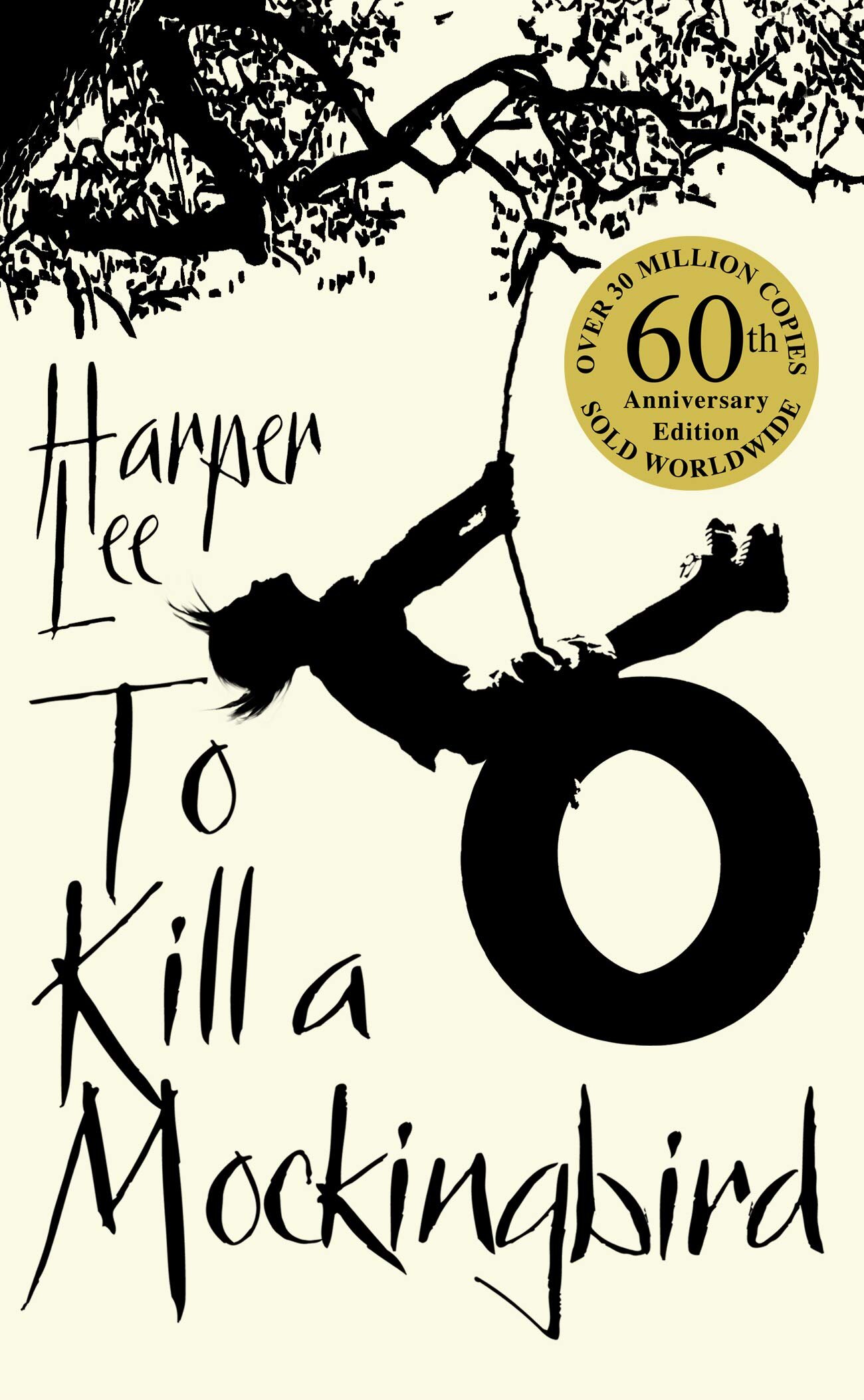Sophie’s World: A Novel About the History of Philosophy
If there was one book I wish I had read during my teens, Sophie’s World would be it. It is a primer to philosophy to inspire wonder, teach readers how to think and shape their values, and how all of art, science and politics go back to their roots in philosophy.
I have no idea how Gaarder rolled an entire history of western philosophy into bite-sized chunks for a children's novel. Nevertheless, the new introduction for the 20th-anniversary edition struck me deeply, and the storyline kept me on my toes—almost as if I were following Hansel and Gretel crumbs, eager to see where it would take me next.
While it’s suitable for teenagers, I admit I had problems following theories. Sophie’s World is a long book teeming over 500 pages / 10 hours of reading time. However, I know that I will be making notes the next time I read it. There are elements parents may be concerned with. Still, the reader would have had enough critical thinking skills to discern what is appropriate and what is not.
“An all-important principle in the study of ethics has been the golden rule, otherwise known as the reciprocity principle: Do to others what you would like them to do to you. Over time, we have learnt to apply this rule more widely... We have begun to realise that the reciprocity principle applies across time too: Do to the next generation what you would like them to have done to you, had they lived on the planet before us.”
Sometimes I wonder why philosophy is not taught at schools when children are still at an impressionable age and curious about the world. Fundamental skills for philosophy—clear prose, critical thinking, argument construction—are highly transferable for all walks of life.
An introductory philosophy course I had taken by chance in university remains the most striking course I have ever taken. So imagine my astonishment when I discovered there are logical arguments to conclude why morality is integral to our existence and that there are ways to detect sneakily-constructed arguments... So much for learning about Aristotle and Copernicus in high school physics, but not the groundbreaking revelations their discoveries brought about.
Compared with my previous read, Everything is F*cked, it’s clear that Sophie’s World is a book of carefully laid facts and questions that probe the reader to find their answers. I, for one, am confident it’s a book I will be reading again and again with different perspectives gained over time.
This post may contain affiliate links, meaning when you click the links and make a purchase, we receive a commission.
Feeling inspired?
Check out more books below!








